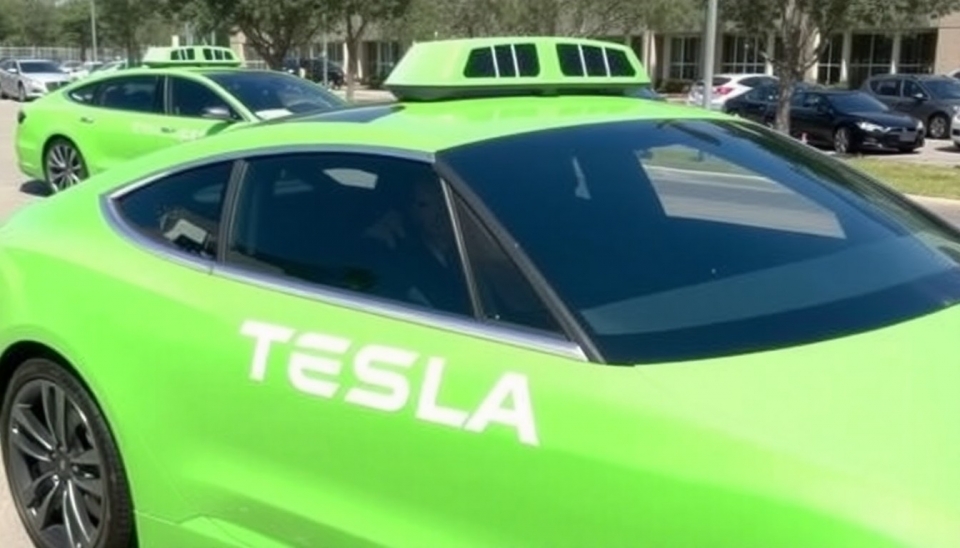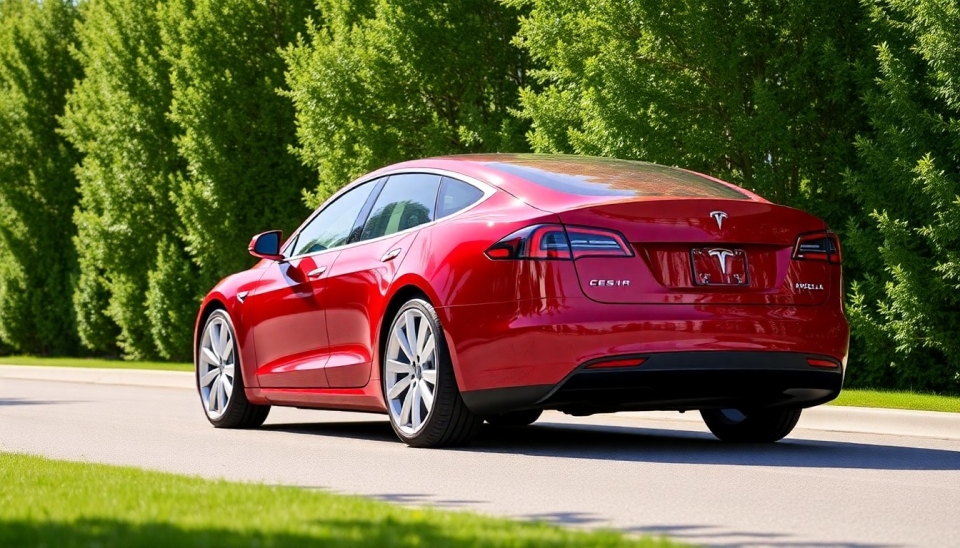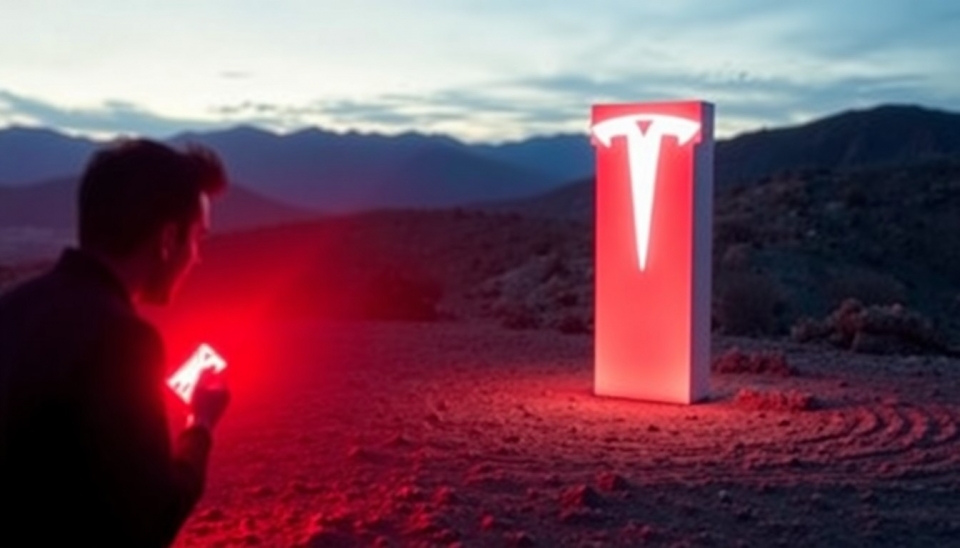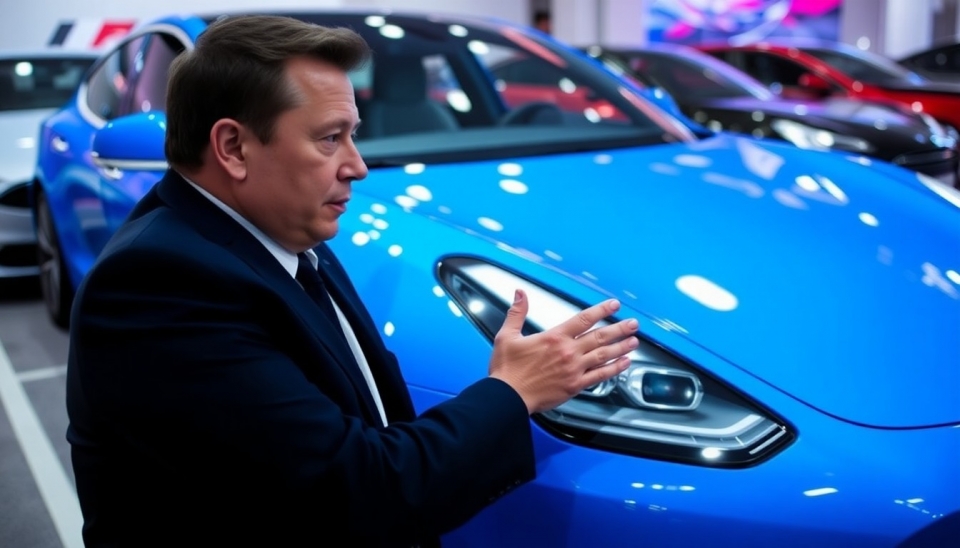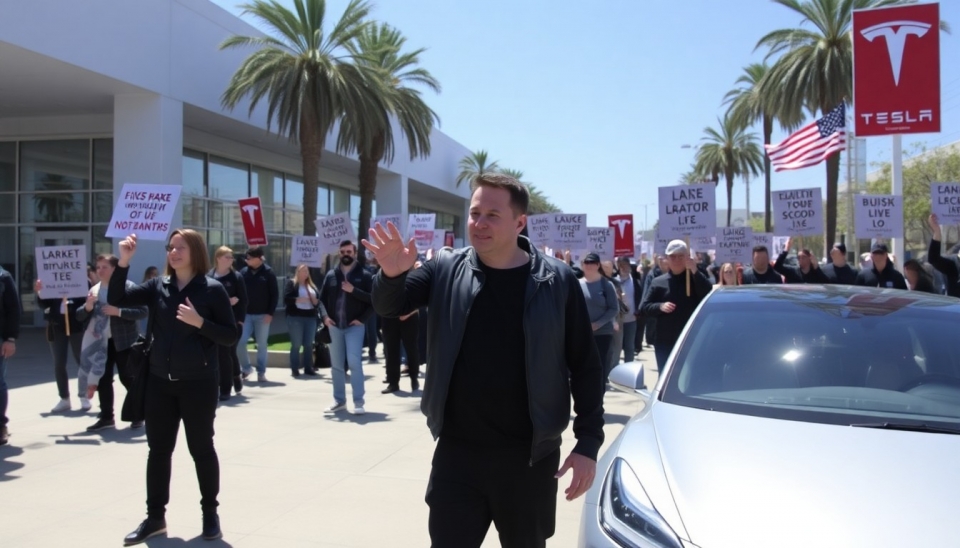
In a striking display of dissent, protesters are rallying against what they perceive as Elon Musk’s aggressive approach to government oversight and personnel cuts. This movement has sparked significant attention, particularly as demonstrators gather outside Tesla showrooms across the United States. The protests arise amidst growing concerns regarding Musk's influence over both Corporate America and U.S. politics, encapsulated by his decision to streamline government interactions at Tesla.
Participants assert their desire for accountability and transparency from Musk and his companies, which they view as essential in safeguarding democratic principles. Organizers of these demonstrations argue that Musk's actions undermine essential checks and balances that ensure fair business practices and consumer rights. The demonstrations reflect broader frustrations with what critics characterize as the emergence of corporate autocracy, particularly in sectors heavily entwined with civic governance.
The choice of Tesla showrooms as a protest venue is deliberate, as they represent the heart of Musk's vast business empire. The protests have transformed these commercial spaces into arenas of political expression, marking a significant departure from the typical image associated with retail locations. Demonstrators wave banners and chant slogans, drawing attention to the potential implications of Musk's sweeping changes—both for the automotive industry and broader societal dynamics.
This wave of protests is not merely a spontaneous act. Organizers have prepared meticulously, coordinating across social media platforms to galvanize support and share their message. Many participants come armed not just with signs, but with testimonies about how corporate governance impacts their daily lives, emphasizing that people are looking to protect democratic values against perceived autocratic influences.
In interviews with some of the protesters, many expressed concerns about the extent of Musk's power. They argue that it is critical to monitor how private individuals with substantial financial clout can shape public policy and industry standards. Musk, respected by many for his innovative contributions to space exploration and automotive technology, is also seen as a polarizing figure. This duality fuels the emotional intensity of the demonstrations.
The protests also highlight a potentially critical turning point in the relationship between corporations and the government. Activists call for a reassessment of the clear boundaries between political influence and business operations, pleading for a future where such intersections do not diminish the voice of everyday citizens.
As the demonstrations continue to unfold, observers are left to ponder the potential consequences of Musk’s decisions, both on his businesses and the political landscape at large. Each event is strategically aimed at amplifying a message that resonates deeply amid rising concerns over corporate power dynamics in a capitalistic society. In these challenging times, many are advocating for resistance and a re-evaluation of the American investment in its foundational democratic ideals.
The upcoming weeks will determine whether this recent activist surge can engender enough momentum to spur legislative discussions regarding corporate governance and accountability, something that could shift the narrative about corporate influence in American politics.
In conclusion, as protests against Elon Musk's management style and its implications gain traction, a pressing debate about corporate responsibility and civic oversight emerges. The ongoing situation exemplifies the power of collective action in the face of perceived injustices, resonating with diverse audiences across the nation.
#ElonMusk #TeslaProtests #CorporateAccountability #CivilRights #Activism #GovernmentOversight
Author: John Miller
